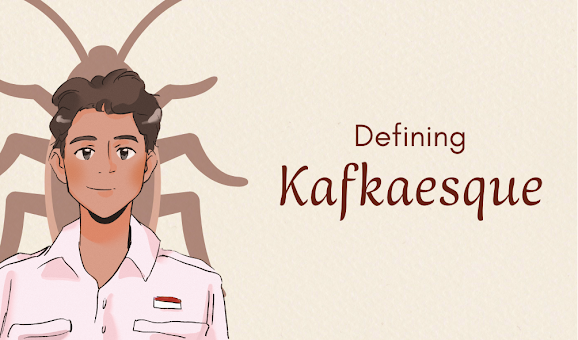Jane Eyre: A Strong Classic Female Protagonist
Jane Eyre: A Strong Classic Female Protagonist

In the vast landscape of 19th-century literature, Jane Eyre by Charlotte Brontë stands tall—not just as a gothic romance, but as a pioneering exploration of a woman’s inner strength, independence, and moral integrity. The book Jane Eyre was published in 1847 and its titular female lead character is one that continues to create an impact till date.
Here’s why Jane Eyre remains one of the most compelling female protagonists in classic literature:
🔹 She defines strength beyond physicality
Jane’s power lies not in grand gestures or rebellion, but in quiet resilience. She endures emotional neglect, poverty, and heartbreak, yet never lets these break her spirit or values.
🔹 She asserts her moral compass, always
From refusing Mr. Rochester’s proposal when it compromises her self-respect, to walking away from comfort for the sake of principle—Jane’s decisions are bold acts of inner strength and ethical clarity.
🔹 She values self-worth over social approval
Born an orphan, treated poorly by relatives, Jane still grows up with a strong sense of dignity. She doesn’t let class, wealth, or gender roles define her worth—a radical idea in Victorian England.
🔹 Her love is free, not submissive
Jane does not give in to Rochester until they are equals—emotionally, morally, and materially. Her love is rooted in freedom and mutual respect, not dependency or sacrifice.
🔹 She’s intellectual and introspective
Jane is not just emotional—she’s deeply thoughtful. Her narrative voice reveals a rich inner world and a philosophical maturity that few literary heroines of her time displayed.
🔹 She carves her own path
Despite limited choices for women in her era, Jane teaches, travels, questions religion, and ultimately decides her future on her terms. She’s no damsel in distress—she’s the writer of her own destiny.
🔹 She still speaks to modern readers
In an age of external validation and social media noise, Jane’s authenticity, self-respect, and quiet defiance feel more relevant than ever. She doesn’t shout to be heard—she simply lives by truth.
Conclusion
Jane Eyre isn’t just a character in a novel; she’s a quiet revolution in petticoats. Brontë gave us not a perfect woman, but a real one—flawed, fierce, and profoundly free. That’s why Jane Eyre endures—not as a relic of the past, but as a mirror for every woman seeking voice and value in a noisy world.



Comments
Post a Comment